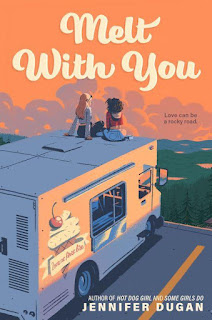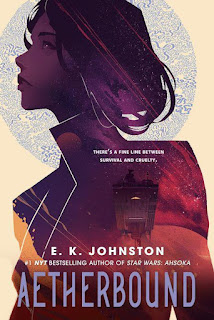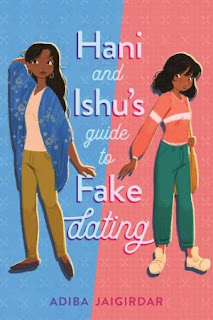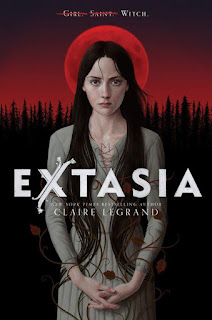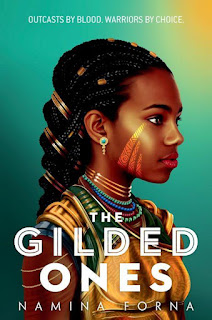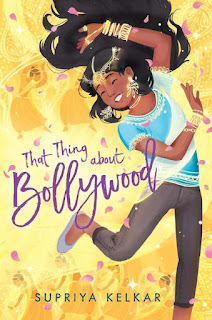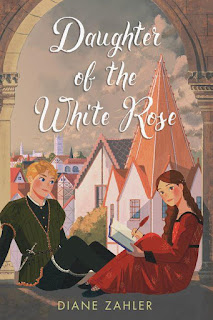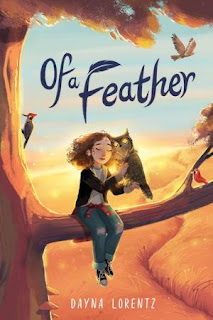Ginny's family has settled down nearby a peach farm where they once worked. Ginny, who used to play with the farmer's daughter Peggy, reunites with her old friend. But there are others less willing to form friendships. And her family has other demons to fight. Ten years ago, Ginny and her father buried her two brothers in a shallow grave because the family could afford no better. Mother never recovered from the loss and has slowly been sinking into depression ever since. Now that Ginny is finally earning money of her own at the local cannery, she has the wherewithal to do something about it. She decides that she wants to disinter her brothers and bury them properly in the local children's graveyard. The audacious plan will require help but neither Ginny nor her family are good at asking for help.
Meanwhile, Peggy has her own issues. Now seventeen, she realizes that in a few years she will have nothing. For, despite working hard on the family peach farm, the entire place is going to her brother. Girls don't inherit farms and there is no accommodation for her. Instead, she is expected to marry and settle. But that hardly seems fair when she has given so much. Peggy's best friend Lisette has a different set of issues. Her father is a banker and while she has enjoyed an easy life, she has also grown uncomfortable with the source of her wealth. To her parents' chagrin, she wants nothing to do with it and wants to disown her father.
A very strong historical novel which provides a well-researched look at post-War California and the deep societal changes that took place in the late 40s as men returned back to reclaim their jobs and unfinished business from the Depression-era reasserted itself as prosperity reigned in fits and starts. There's plenty of material on this era, but this novel makes it come alive by focusing on the people and how they thought of each other and themselves.
The story combines this sharp historical insight with three compelling protagonists -- young women who are not quite willing to accept the paths that their mothers have planned for them. Strong and resourceful, they are driven on by an unusual and poignant mission to lay Ginny's brothers to rest. While it would be easy to give Ginny, Peggy, and Lisette a contemporary spin, Van Draanen doesn't fall to the temptation. They are strong-willed but definite creatures of their time. For all of their independence, they each presume that marriage and family are their ultimate calling. They simply want to renegotiate the terms of it.
Beautifully written and compelling reading. Destined to find its way to book reports, but perhaps also to a special place on young readers' shelves.



